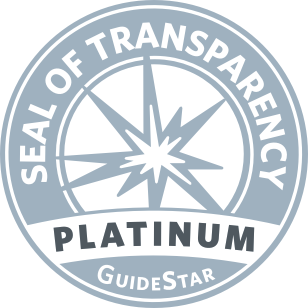SalioGen Developing Novel Gene Insertion Therapy for Stargardt Disease
Eye On the Cure Research News
The company’s innovative Gene Coding™ platform enables seamless insertion of DNA into selective genomic locations.
SalioGen Therapeutics, a biotechnology company developing therapies for a broad range of conditions, including inherited retinal diseases, has announced development of SGT-1001, an emerging Stargardt disease (ABCA4 mutations) therapy, as the lead program for advancing its novel Gene CodingTM platform. The company plans to launch a clinical trial for SGT-1001 in the first half of 2025. The RD Fund, the venture philanthropy arm of the Foundation, is an investor in the company.
SalioGen’s Gene Coding platform works by adding new genomic code to turn on, off, or modify gene function. Gene Coding is based on mammal-derived genome engineering enzymes called SaliogaseTM. Saliogase seamlessly integrates new DNA of any size (e.g., an entire gene) into precise, defined genomic locations.
SalioGen’s technology is designed to be more efficient and reliable than other gene-editing and gene-modifying approaches (e.g., CRISPR/Cas9) because it does not involve the double-stranded break and subsequent repair (a process called homologous recombination) of the targeted gene.
The company has developed a lipid-based nanoparticle to deliver the Saliogase and the new DNA, which can be of virtually any size. In contrast, current viral delivery systems for gene-augmentation therapies are limited in the size of the genetic cargo they can deliver. Many retinal disease genes — including ABCA4 — are too big for the viral containers used in these systems.
SGT-1001 is intended to be a one-time treatment delivered by a subretinal injection.
“We are excited to see SalioGen announce a treatment candidate for Stargardt disease, a progressive retinal disease that often causes significant central vision loss and legal blindness,” says Rusty Kelley, PhD, managing director, RD Fund. “There are currently no therapies for Stargardt disease. We are pleased that our investment is helping the company move SGT-1001 toward a first in human study — a step closer to meeting a significant unmet need.”




